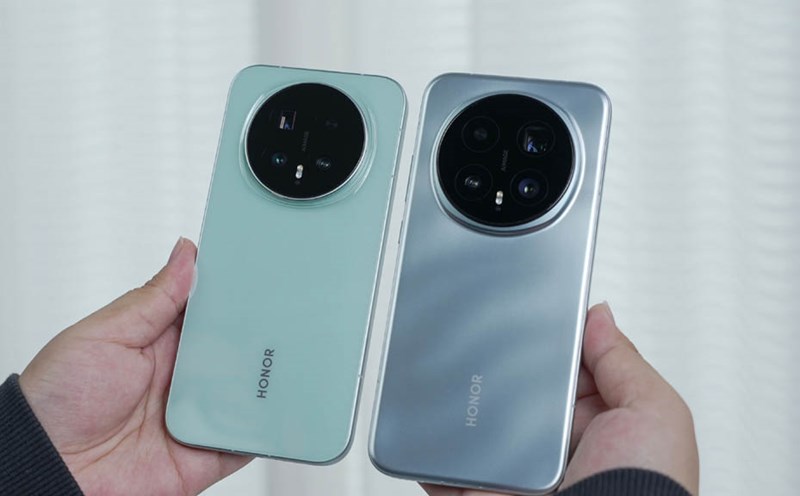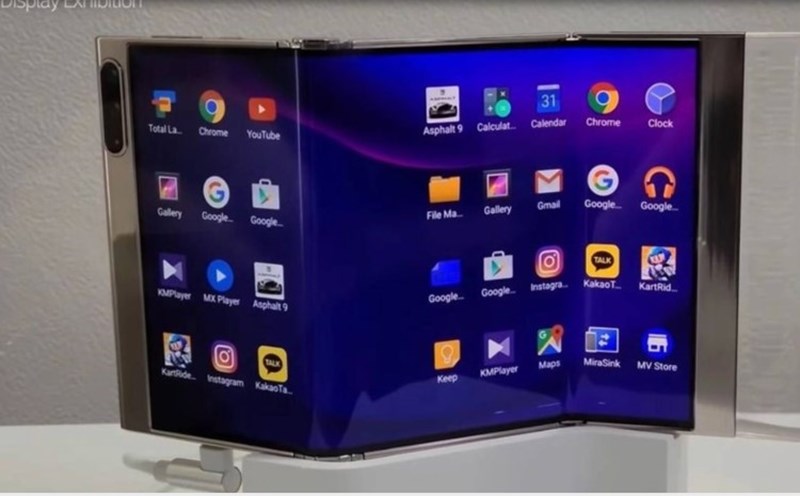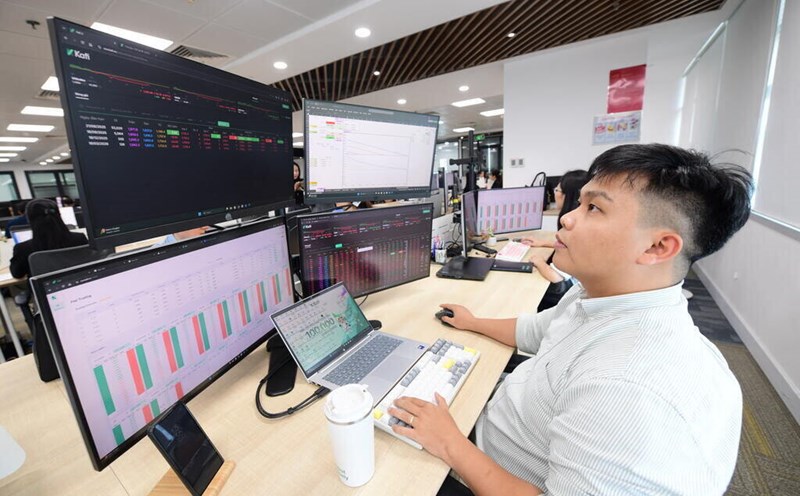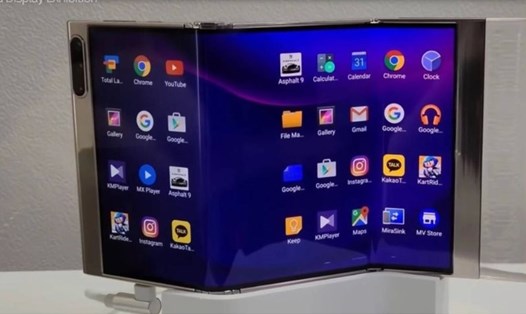The first smartphones integrated with GenAI (artificial intelligence) appeared at the end of 2023, but have rapidly increased in quantity. By the end of the third quarter of 2025, the total number of globally integrated smartphones with GenAI had reached over 500 million units.
In the high-end segment, priced from $600 or more, GenAI has become an almost standard by default. Apple and Samsung account for more than 70% of the total GenAI smartphone shipments thanks to their dominance in the high-end segment.
The development of GenAI smartphones is now shifting to the mid-range and high-end smartphone segment, led by Chinese OEMs (original device manufacturers), which are integrating GenAI's features as a difference in a competitive market.
They have integrated larger, lighter language models and multi-modal AI assistants into smartphones, making GenAI more accessible to more users. This expansion is supported by mid-range chipsets of Qualcomm Snapdragon generation 6 and 7 and MediaTek generation 8000.
More than 250 million smartphone users have now received an operating system update, allowing them to use limited GenAI features. These updates add core AI tools such as writing support, photo editing and content summarization, giving current users an initial experience of GenAI.
Search Round has become the most promoted and widely applied feature on upgraded devices. However, a full GenAI is still limited to newly launched high-end smartphones.
Consumer awareness of GenAI smartphones is very high. Counterpoint's consumer research shows that nine of the ten respondents are familiar with these devices thanks to strong marketing efforts and the quick integration of GenAI features by major OEMs.
It is expected that the total shipment of GenAI smartphones will exceed 1 billion units in the third quarter of 2026. This acceleration is driven by the advanced AI chipsets available on mid-range devices and the rapid adoption of lighter AI models on the device.











